Description
Blossom Phase 4
The ovulation phase can go two different ways which makes it a little more difficult to treat. if you are taking precautions to avoid getting pregnant then we can use a clear strategy, if however you are trying to conceive it becomes more of a challenge. Let break down why.
After ovulation, the follicle becomes a hormone-producing structure called the corpus luteum. The cells of the corpus luteum produce estrogen and large amounts of progesterone, the progesterone stimulates the growth of the uterine lining in preparation for implantation of a fertilized egg. If you don’t become pregnant, the corpus luteum dies about two weeks after ovulation. Because of this, progesterone levels drop and the stimulation for the lining is lost. This causes the lining to shed as a new menstrual cycle starts.
If you become pregnant fertilization occurs within 24 hours of ovulation. 3 to five days after fertilization, this fertilized egg enters your uterus and becomes embedded in the lining. When this implantation occurs cells that will eventually become the placenta begin to produce the “pregnancy hormone” called (HCG). This interrupts your menstrual cycle by providing continual stimulation of the corpus luteum to produce progesterone, preventing the shedding of the endometrium.
So as you can see we break these patterns down two different ways in Chinese medicine if you do not get pregnant the luteal phase is the period of time when many of us are plagued by those frustrating PMS symptoms like bloating, breast distension and irritability… you know that feeling when you just need a little more personal space? All of these are signs that the liver is not moving the blood and the lymph through the body as effectively as it usually does causing you to feel a pent up.
Chinese herbs can be very helpful in managing the symptoms of this pattern. When looking for a more modern day formula To move the Liver and invigorate the blood, look for one that contains at least one or more of the following herbs: bai shao which calms liver yang rising, and regulates menstruation, dang gui which moves and tonifies the blood simultaneously and is often used to regulate menstruation. Or chuan xiang which moves the blood and the qi for patterns of stagnation and painful menstruation or lastly xiang fu smooth the Liver qi and disperse qi stagnation and reduces anxiety and irritability associated with PMS.
TCM Function
- Regulates Liver qi
- Invigorates blood
Ingredients
- Bai Shao(Radix Paeoniae Alba)
- Bai Zhu(Rhizoma Atractylodis Macrocephalae)
- Chai Hu(Radix Bupleuri)
- Chuan Niu Xi(Radix Cyathulae)
- Chuan Xiong(Rhizoma Chuanxiong)
- Dang Gui(Radix Angelicae Sinensis)
- Fu Ling(Poria)
- Gan Cao(Radix et Rhizoma Glycyrrhizae)
- He Huan Pi(Cortex Albiziae)
- Ju He(Semen Citri Reticulatae)
- Lu Lu Tong(Fructus Liquidambaris)
- Xiang Fu(Rhizoma Cyperi)
- Yi Mu Cao(Herba Leonuri)
Recommended Dosing
- 3-4 capsules 3 times a day for an average adult (18-60 years of age, approximately 150 lbs). This standard dosage may be increased or decreased depending on the patient’s individual factors, such as age, body weight, type of illness and severity.
- Serve with warm water on an empty stomach, 2-3 hours apart from your prescription medication or other supplements. Do not take with tea, coffee, juice, soda or any other beverages.
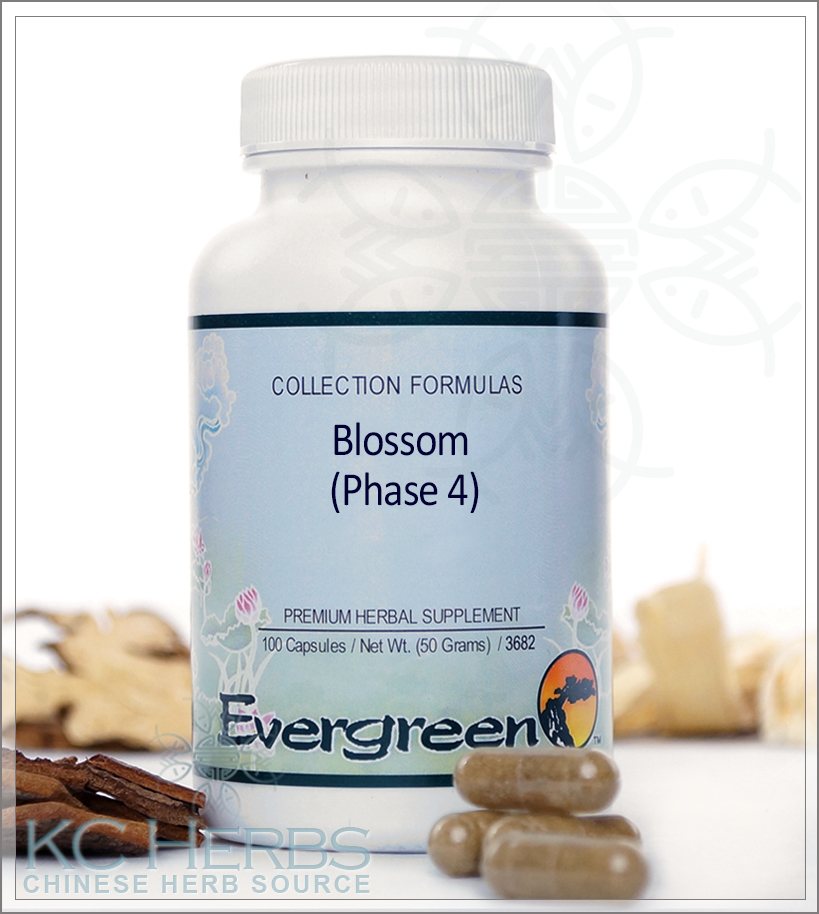
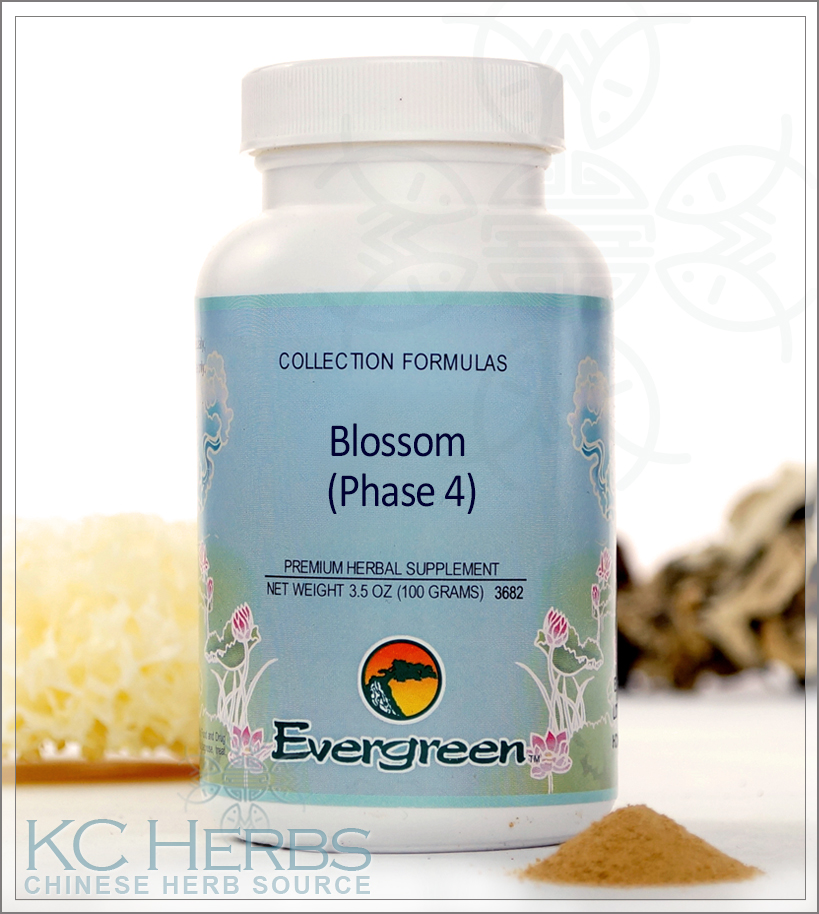
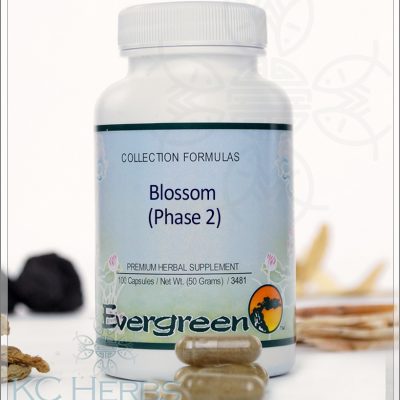
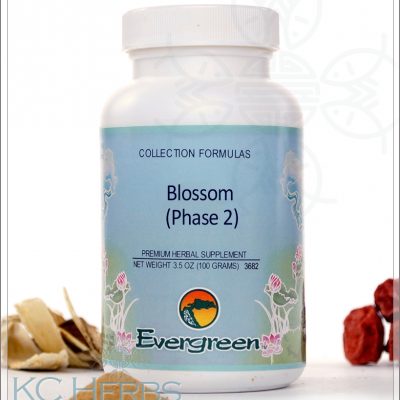
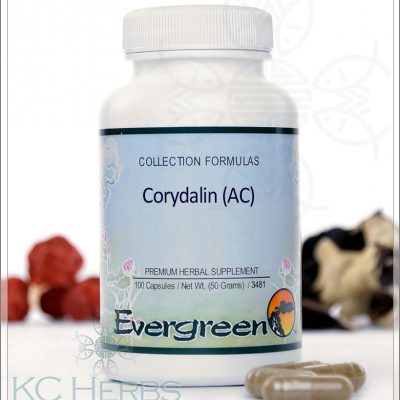
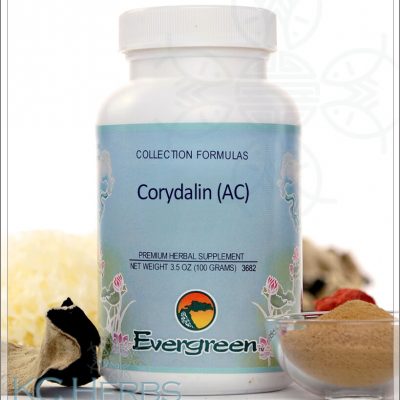
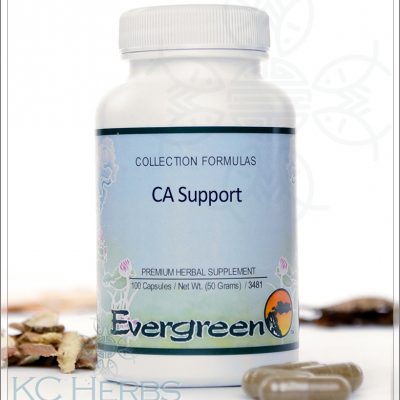
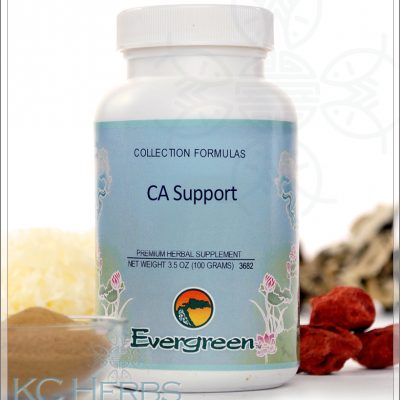
Reviews
There are no reviews yet.